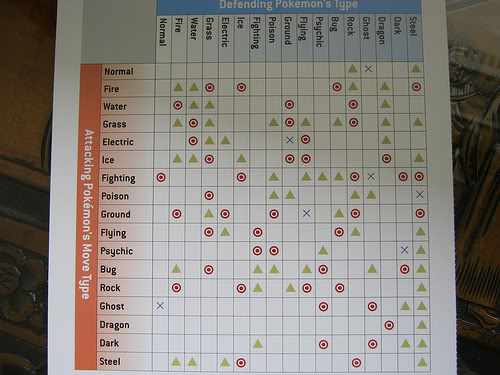This post has not been edited by the GamesBeat staff. Opinions by GamesBeat community writers do not necessarily reflect those of the staff.
I discovered that I like something about the slow pace and build up of titles like Halo Wars and Pokémon. I mean, what's the allure of a two-year-old game whose development studio has since disbanded and stats tracking faced offline discontinuation until saved by a rabid community uprising? Why the addiction to collecting them all despite the fact that the basic gameplay of subsequent versions has remained largely intact? One word: strategy.

Of course, I appreciate the skill and excitement that accompanies the first-person shooter. There's that moment of glory downing another best celebrated by the tea-bag trophy. I love Team S.W.A.T mode and the reward of the one-hit headshot kill, which puts accuracy at a premium.
But I think part of the attraction to Assassins Creed: Brotherhood, for example, is owed not to the skill and player manipulation that aid in success but rather the sneaky, lie-in-wait machinations of subtle, quiet kills. A player's success rests more on the quality of his frags than their quantity. It's such a change of pace where normally I think "shoot on sight." For a game to require the readjustment of my attitude to "get closer…no, closer" is brilliant. It doesn't hurt that the kill is visceral in the slow-motion bloodletting, but it is the pay off from the climatic build that heightens the effect.
There's an equal if not greater joy derived from defeating a foe using cunning, planning, and plain smarts.

This is evident in the rock, paper, scissors (RPS) mechanic that seems so simple: A beats B, B beats C, and C beats A. But anticipating and maximizing advantage provides the foundation for hours of addictive, engrossing gameplay. Pokémon has taken it to a crazy, in-depth level. And while there's a certain sense to it, quick access of type vs. type is best observed in the teenager who grew up working on his Pokédex.
Yes, water beats fire, but what about ghost types? A look at the chart to the right provides a basic overview of super effective (target) vs. not too effective (triangle) vs. not effective at all (X). Layers of complexity overlay the base Pokémon type with types of attack, defense, and status actions. I can't even describe understanding Pokémon nature and characteristics.
And while not as varied as Pokémon, Halo Wars throws a positioning and control aspect into the RPS formula that again tests the wits of a player. It perhaps is the cause of added frustration when repeatedly tasting the pains of defeat. I know we hate the rush tactic, and sure, there are ways to defend against it. But I love the build up and the back-and-forth nature of a battle. I like the initial surprise of going against different unit types and using Forge not for Grizzlies but Vultures. Halo Wars rewards collecting knowledge, scouting an opponent, and anticipating his attack.
And then, the fight evolves: countering the shock of an attack and responding, using teammates and teamwork to survive, and defending and attacking. Think of the contrast between a five-minute game of Team S.W.A.T. with an hour-long struggle on Fort Deen while working your way to pinch the man in the middle. The sense of satisfaction upon prevailing increases accordingly.
In the deliberateness of action, the strategy game benefits not only from the slower pace of play but also from the fact of its sheer contrast to the FPS routine itself. Stuck in the rut of spray, pray, and respawn? Try a dose of strategy and enjoy the alternative.
